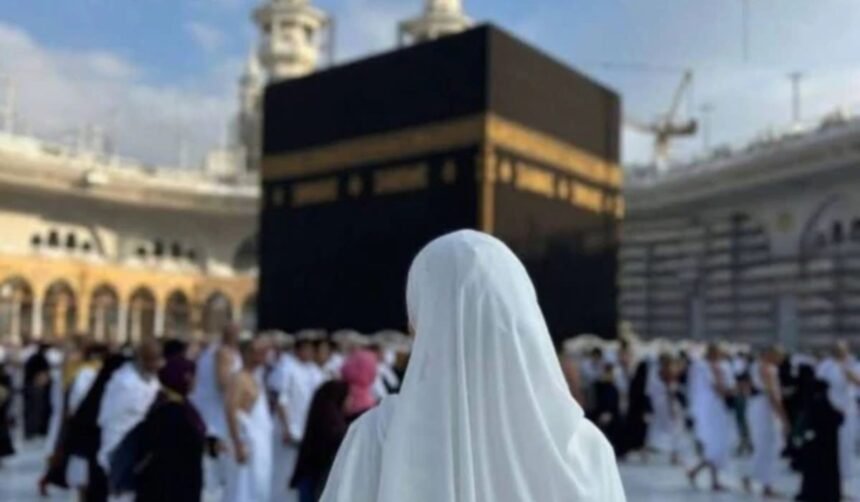The federal government has introduced a refund policy for Hajj applicants unable to proceed with the pilgrimage because of medical problems or other unavoidable circumstances.
The Ministry of Religious Affairs has finalized guidelines to facilitate affected pilgrims, ensuring transparency and fairness in the refund process for all eligible applicants.
Applicants must provide a valid photocopy of their national identity card, the original bank receipt of their Hajj deposit, and related medical documentation.
In cases where the applicant has passed away, the family is required to submit a valid death certificate alongside other supporting documents for verification.
Refund applications should be submitted to the Accounts Officer at the Ministry of Religious Affairs with all required documentation attached for processing.
Read More: Second Phase of Hajj Registration Begins
This initiative reflects the commitment of the government to protect the financial rights of applicants, offering relief for those unable to participate in the sacred pilgrimage journey.
The Ministry of Religious Affairs has also opened applications for the Private Hajj Scheme 2026, allocating 60,000 slots for both new and previously registered pilgrims.
A total of 37,903 fresh applicants will be accommodated, while 22,097 individuals who missed Hajj last year have been automatically re-registered with priority.
Private Hajj operators must submit affidavits confirming leftover registrations before processing new applications, ensuring equal opportunity and fairness.
Meanwhile, the Government Hajj Scheme attracted 118,060 applications, with half payments deposited, and costs ranging between Rs. 1.15 million and Rs. 1.25 million.


